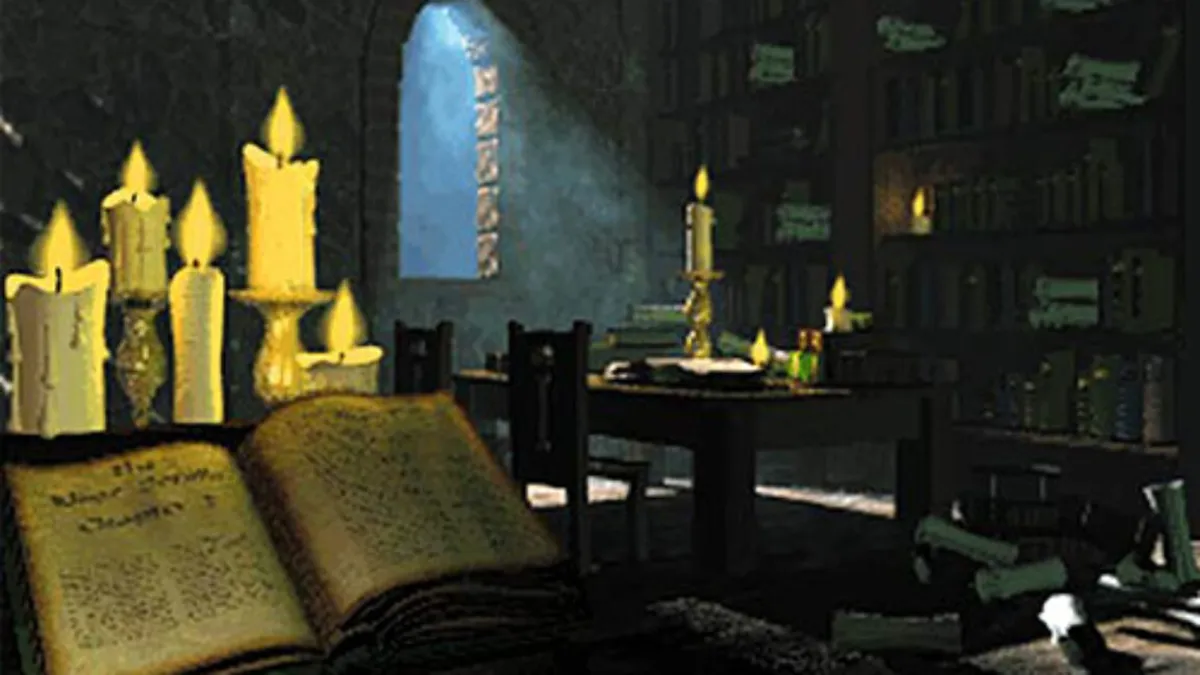
At its core, C:\ArsGames serves as a platform for reminiscing about the pivotal games that shaped our gaming experiences. While it may have the added goal of driving game purchases, this entry is dedicated to a title that is completely free: The Elder Scrolls II: Daggerfall. In light of its co-creator, Julian LeFay, recently passing away, reflecting on this classic RPG feels particularly poignant. Daggerfall represents a significant chapter in the history of gaming, and revisiting it offers insights into both its charm and its shortcomings.
Daggerfall holds a special place in my heart, as it was one of the defining games of my youth. It is fascinating to see how its developer, Bethesda, has evolved over the years, especially considering the mixed feelings many gamers have about the studio today. As we delve into Daggerfall, we uncover elements that illustrate both the magic of '90s PC gaming and the reasons the industry has since moved on from such expansive design philosophies.
Despite its flaws, I continue to adore Daggerfall. It's a game that clearly isn’t for everyone, but for those who appreciate its quirks, it offers a unique experience that remains unmatched by many modern RPGs. However, the younger generation may struggle to grasp its charm. If you browse platforms like YouTube, you’ll encounter a myriad of videos with titles like "I FORCED myself to play Daggerfall in 2025" or "Skyrim Player Tries Daggerfall (It Goes Terribly)," highlighting the challenges new players face when attempting to engage with this classic title.
It's essential to recognize that Daggerfall emerges from an era of game design characterized by experimentation rather than strict adherence to established formulas. This approach led to innovative mechanics, such as the ability to climb, a vast and immersive world, and complex faction reputation systems. However, it also resulted in some frustrating experiences for players. My own recent playthrough revealed a significant gap in the game's explanations; I found myself repeatedly arrested for "assault" without any understanding of why. After some investigation, I discovered that galloping too close to NPCs would trigger these penalties—an obscure mechanic that could easily deter newcomers.
While Daggerfall’s lack of clear guidance can be daunting, I believe that players who are willing to invest time and effort into understanding its systems will find a rewarding experience. This sentiment resonates particularly well with those who grew up playing the game, as childhood patience with complex mechanics often translates into a more forgiving perspective today.
Another hurdle for modern players is Daggerfall's reliance on procedurally generated content and quests. In stark contrast to the hand-crafted environments of contemporary RPGs like Skyrim, Daggerfall’s world can feel less engaging. Although it shares some similarities with Skyrim's Radiant Quests, the majority of Daggerfall's missions lack the depth and personalized storytelling players have come to expect from today's gaming landscape.
This disconnect is mirrored in Bethesda's more recent release, Starfield. Much like Daggerfall, Starfield has attracted a dedicated fanbase, but it has also faced criticism from those who anticipated a more traditional RPG experience akin to Skyrim. Instead, they were met with a game that embraces the vast emptiness of space and wilderness, focusing on exploration and system interactions rather than tightly woven narratives.
For many players, the allure of a game like Daggerfall lies in its potential to create an alternate reality—a dream that has persisted in PC gaming for decades. The idea of immersing oneself in a richly detailed world, whether as a space trader or a fantasy adventurer, resonates deeply with players. Although Daggerfall may not be for everyone, it shines as an ambitious attempt to fulfill this dream, offering an expansive playground for those willing to embrace its unique challenges.
Ultimately, the value of Daggerfall lies in its capacity to deliver an experience that diverges from conventional gaming expectations. Its experimental nature and the steep learning curve may deter some, but for those who appreciate the depth of its design, it remains one of the greatest RPGs of all time. If you’re inclined to explore this classic, I recommend downloading the more accessible Daggerfall Unity remaster from GOG, alongside the original version, to enhance your journey.
In conclusion, while Daggerfall may not be the typical gaming experience that modern players are accustomed to, it offers a unique and rewarding adventure for those willing to invest time and patience. If you have a couple of hundred hours to spare, diving into Daggerfall could be a nostalgic project worth undertaking.